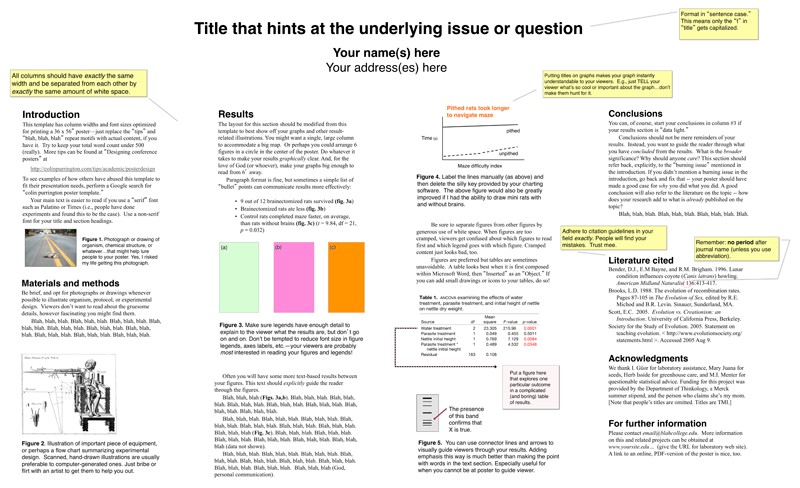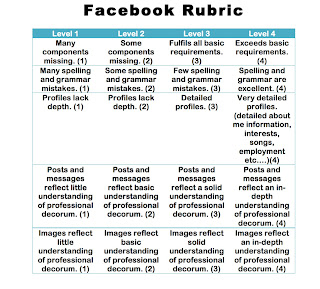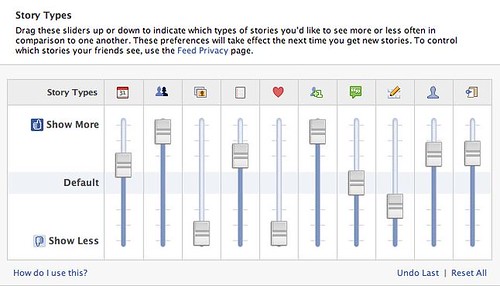Hello All!
My name is Courtney Hughes and I am one of the lab TA's for this course. I am very excited to be part of the CSL family and look forward to the semester ahead!
Here's a bit about me, so we can begin to get to know each other:
I hold a Master's degree in Environmental Education, where my research was conducted in Namibia with cheetahs at the Cheetah Conservation Fund. I explored the lived experiences of children (and to some extent adults) who visited CCF and participated in their educational programs on cheetah conservation. I also conducted a content analysis of the CCF's curriculum materials. In addition to this, and appeasing my BSc degree in natural science, I assisted with cheetah and leopard field captures and exams, releases of rehabilitated cats, camera trapping and analysis, and tending to the goats and guarding dogs on site.
So, as I've mentioned, I also hold a BSc in natural science and I am a certified teacher, with a BEd in science education. I taught in the formal school system, grade eights mostly (ack!) for three years and loved it; prior to this, I was the Director of a non-profit science, engineering and technology camp and outreach program for children and youth. All this as done at Lakehead University, Thunder Bay ON.
When I moved to Alberta I began my career at Inside Education, an NGO dedicated to environmental education in schools and for teachers; I then moved onto Alberta Environment where I am still employed as a Program Coordinator. My work is very diverse, ranging from the climate change file through to monitoring, evaluation and reporting. Most recently I have begun working on social science-related issues in environmental management, including social network analysis, which is very interesting.
In addition to working at AENV, I have also been a course Instructor in the Faculty of Elementary Education, in Science Curriculum and Instruction. Furthermore I am pursuing my PhD (second year, yay!) in Conservation Biology, where I am interested in using the social science to understand and find possible solutions to grizzly bear conservation in the province. My supervisor is Dr Scott Nielsen.
I love to travel and have been to four different African countries, a host of western Caribbean countries and throughout some of North America and Europe. I currently volunteer with my local Rotary District, where I lead the development and implementation of the national Science Curriculum for Belize, as well as teacher PD on science education. I love it!
If you have any questions or comments, please feel free to share. I have an office in Education North, #330 and I am available by appointment Tuesday and Thursday before 12pm and after 2pm, generally speaking. Email is also great to contact me, and I tend ot answer quickly.
Looking forward to this co-learning experience!
Thanks! :)







